
Recommendation
Professor of philosophy Thomas Hurka ponders what makes a good life. He writes simply, explaining philosophical concepts with understandable examples: Chocolate and sex, for instance, are good. Hurka layers his concepts, one upon another, weaving a modern and interesting – if not necessarily compelling to the reader who is not philosophically minded – report on what comprises a good life. More practical readers might prefer tips or parameters, but this isn’t a self-help guide. It’s more of a discussion, with points to consider and directions for reaching your own conclusions. Hurka’s ability to cite Kant, Socrates and other philosophical giants without getting bogged down helps readers consider theories they might find otherwise inaccessible. getAbstract suggests this book to managers, executives, entrepreneurs and armchair philosophers seeking gentle guidance toward a more rewarding life.
Summary
About the Author
Thomas Hurka teaches ethics and philosophy at the University of Toronto, where he holds a chair in Philosophical Studies. His other books include Perfectionism; Virtue, Vice, and Value; and Principles: Short Essays on Ethics.








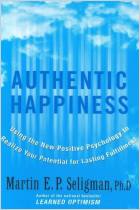
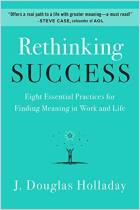
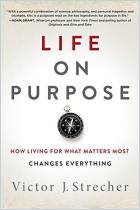
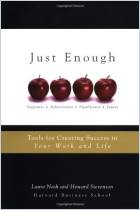
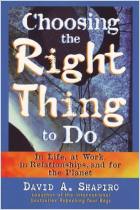
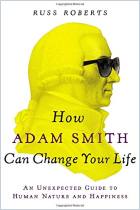


Comment on this summary or 开始讨论